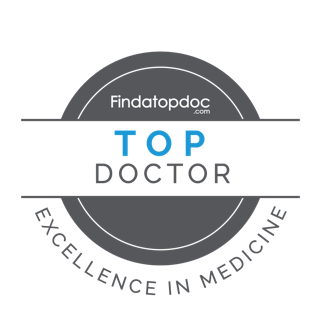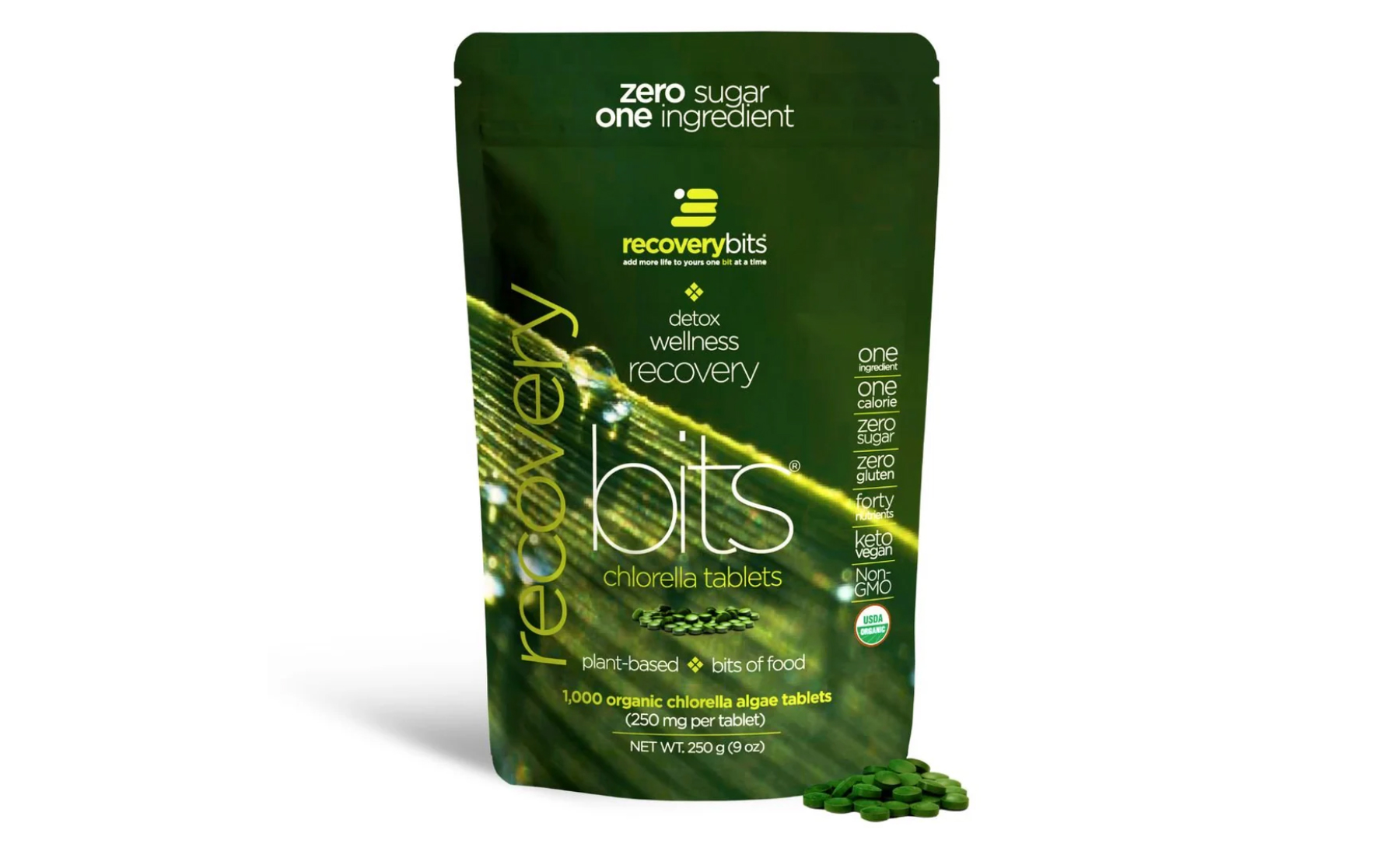Breast cancer awareness month is a time for communities, businesses, families and individuals to come together to show their support for those impacted by the disease and increase awareness about the impact of breast cancer. This disease is so prevalent in our society that everyone has been affected by it, either directly or indirectly. It is important to continue to expand our breast cancer awareness as a reminder that there are some things we can do to increase our protective factors and decrease the risks. One in eight women will be diagnosed with breast cancer in their lifetime. There are decisions you can make on a daily basis that can decrease your personal risk for getting diagnosed with breast cancer and improve your overall breast and body health.
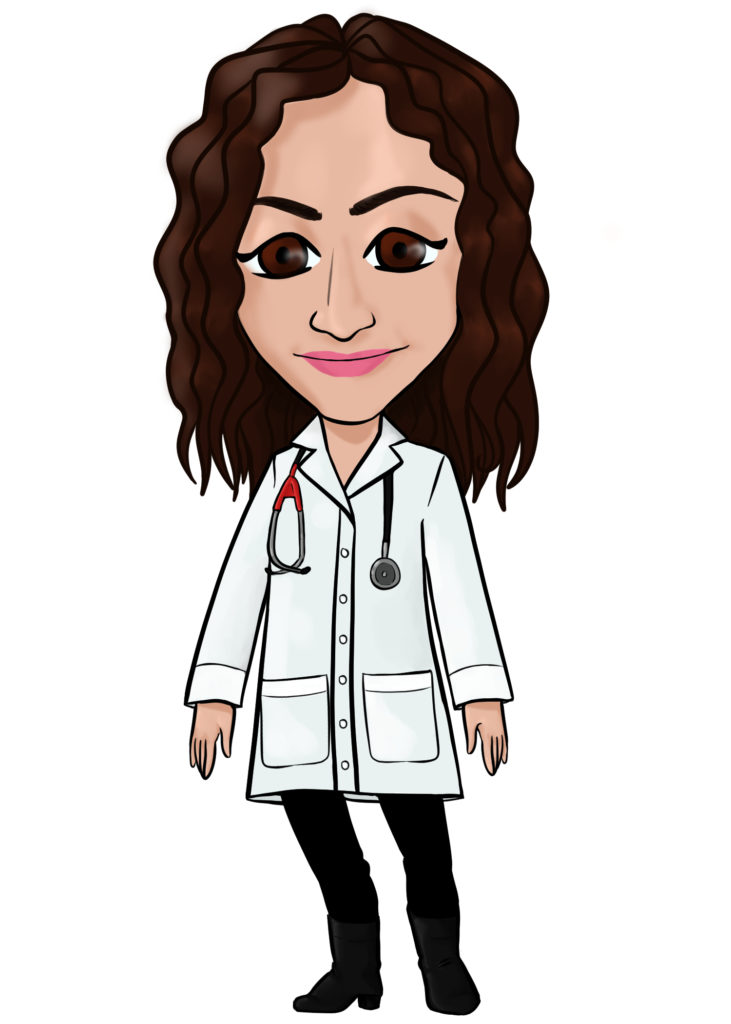
10 Practical lifestyle changes to improve overall health
- Diet – Eat 1 pound of vegetables daily! Specifically focus on cruciferous vegetables like broccoli, kale, cauliflower, bok choy or cabbage. This improves the liver detoxification of hormones and promotes protection to the breast tissue. Here are a few great recipes to help you increase your veggie intake:
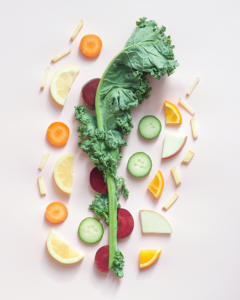
Smoothie with whey kale apple,
Spinach, blueberries avocado healthy blend
2. Reduce alcohol to 1 glass per night. Research consistently shows that drinking more than 1 alcohol beverage per night increases risk of breast cancer by damaging DNA in cells.
3. Manage Stress! Stress raises cortisol levels and cortisol is inflammatory to the body. Spend 2-3 minutes daily practicing box breathing and consider taking adaptogenic herbs to regulate your internal cortisol levels. Holy basil and Ashwaganda may be useful when stressed; please read these articles for more information about Holy Basil and Ashwaganda
4. Iodine – Most of us are iodine deficient. Iodine is protective of the breast in small amounts and is crucial to breast and thyroid health. Consider adding 2-3 sheets of seaweed to your diet daily or trying drops of liquid iodine.
5. Eat organic – Many pesticides and herbicides mimic estrogen’s effect and are known as “Xeno-estrogen” or foreign estrogens. This excess of foreign estrogen is dangerous for both women and men. Eating organically can help you avoid many of the chemicals that are known carcinogens.
6. Avoid use of plastics – BPA (bishenol A) is a xeno-estrogen and cancer promoter. Heating plastic in the microwave and even washing them in your dishwasher heats plastics to unsafe levels and fosters the loss of these estrogens into the food you eat. Cooking with plastic utensils, storing food in the freezer in plastic containers, and squeezing plastic condiment bottles all release more estrogen and phthalates into your food. Nalgene has BPA free plastic bottles and polypropylene (triangle “5”) is non-BPA. Rely on stainless steel and glass as clean storage and cooking items whenever possible. Choose stainless steel water bottles over aluminum.
Breast cancer awareness fact: Israel had one of the highest breast cancer rates in the world but when they banned organochlorine pesticides (DDT, BHC, lindane) they saw an 8% drop in breast cancer deaths while the rest of the world reported increases.
7. Low glycemic foods. High blood sugar feeds cancer cells. Eliminate refined white sugar and if you can’t avoid it, use stevia, xylitol, agave nectar. The glycemic index identifies foods that have a high sugar content and release this sugar quickly. Refer to a glycemic index and you will see that high glycemic foods include most grain products like breads, pastas, crackers, cereal, rice, and starchy vegetables like potatoes and corn. I frequently talk with patients who state that they eat a low sugar cereal in the morning. The unfortunate fact is, there are no low sugar cereals. Look at the label. It may say 5 grams of sugar PER CUP. I don’t know of anyone that actually eats just a cup of cereal. The rest of the label says it contains 25 to 40 grams of carbohydrate. That carbohydrate will be converted to sugar within 30 seconds of eating. So the result is a huge blast of sugar to your system. Cancer says, thanks!
Any food that causes a rapid rise in blood sugar will lead to insulin resistance and diabetes over time and this is a great way to fuel cancer growth. When you eat high fiber foods and vegetables they release their sugar over a long time frame and don’t cause spikes of insulin. Sugary foods like ice cream, candy and others should be a treat that occurs rarely or occasionally. The less insulin your produce over the course of your life, the longer you will live with less degenerative disease including cancer. High fructose corn syrup (HFCS) is so destructive to your health that it requires its own chapter. Suffice it to say that HFCS is a genetically modified food that promotes cancer, allergies, and inflammation and reduces your livers ability to clear used hormones effectively leading to estrogen dominance and elevated breast cancer risk.
Cancer loves sugar and insulin so anything you can do reduce these will help. Also, a sugar blast will cripple your immune system for 5 to 6 hours at a time.
8. Keep your immune system in fighting shape. Our immune system acts as scavenges for abnormal, pre-cancerous and cancerous cells in our body. Consider taking Vitamin C or promoting your own immune system with Host Defense Reishi or Thorne Vitamin C .
9. Vitamin D – Vitamin D turns off onco-genes (cancer genes), and has strong anti-cancer effects. Many people in northern climates have low vitamin D levels. Vitamin D promotes a strong immune system and is one of your best defenses against upcoming flus. In a study at Harvard in 2007, they followed 31,000 women (without getting arrested) for 10 years. The women with the highest level of vitamin D and calcium had the lowest occurrence of breast cancer (for premenopausal women). For more information on vitamin D visit the Vitamin D Council
10. High fiber diet – Fiber in the diet will actually bind estrogens in the bowel and aid their removal from the body. In particular the “lignans” in certain foods such as flax seeds and soy (always organic) will bind the estrogens tightly in the bowel and escort them out of the body. Fiber in the intestines also gets fermented into food to feed the bowel lining. The bowel lining contains 70% of your immune system, which is ultimately what fights cancer cells, so keeping the bowel healthy is key to longevity and cancer-free health. Constipation could put your breast health at risk.
A goal for fiber intake is 35 grams per day. If you don’t have a diet high in vegetables or beans you can always add 1 scoop of fiber powder to any drink.
Breast Cancer Awareness Month is good time to review practices for improved breast health
If you have questions about reducing risks and increasing your overall health, contact Dr. Karen Kaufman for a consultation


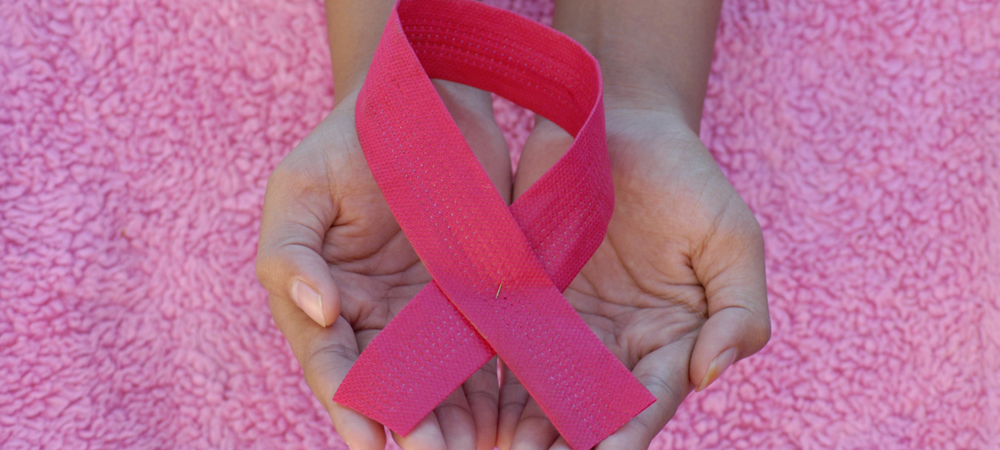
![We are thrilled to welcome Dr. Allison Crane to our team!
Dr. Crane is a fellowship-trained integrative physician with a strong passion for functional medicine. She specializes in menopause, hormone replacement therapy (HRT), gut health, nutrition, and more—bringing a whole-body approach to your care.
Dr. Crane is now accepting new patients. Call our office today to schedule your appointment!
🔗 Learn more about Dr. Crane in her full bio [https://kaufmanhealthandhormonecenter.com/dr-allison-crane/].](https://kaufmanhealthandhormonecenter.com/wp-content/plugins/instagram-feed/img/placeholder.png)
